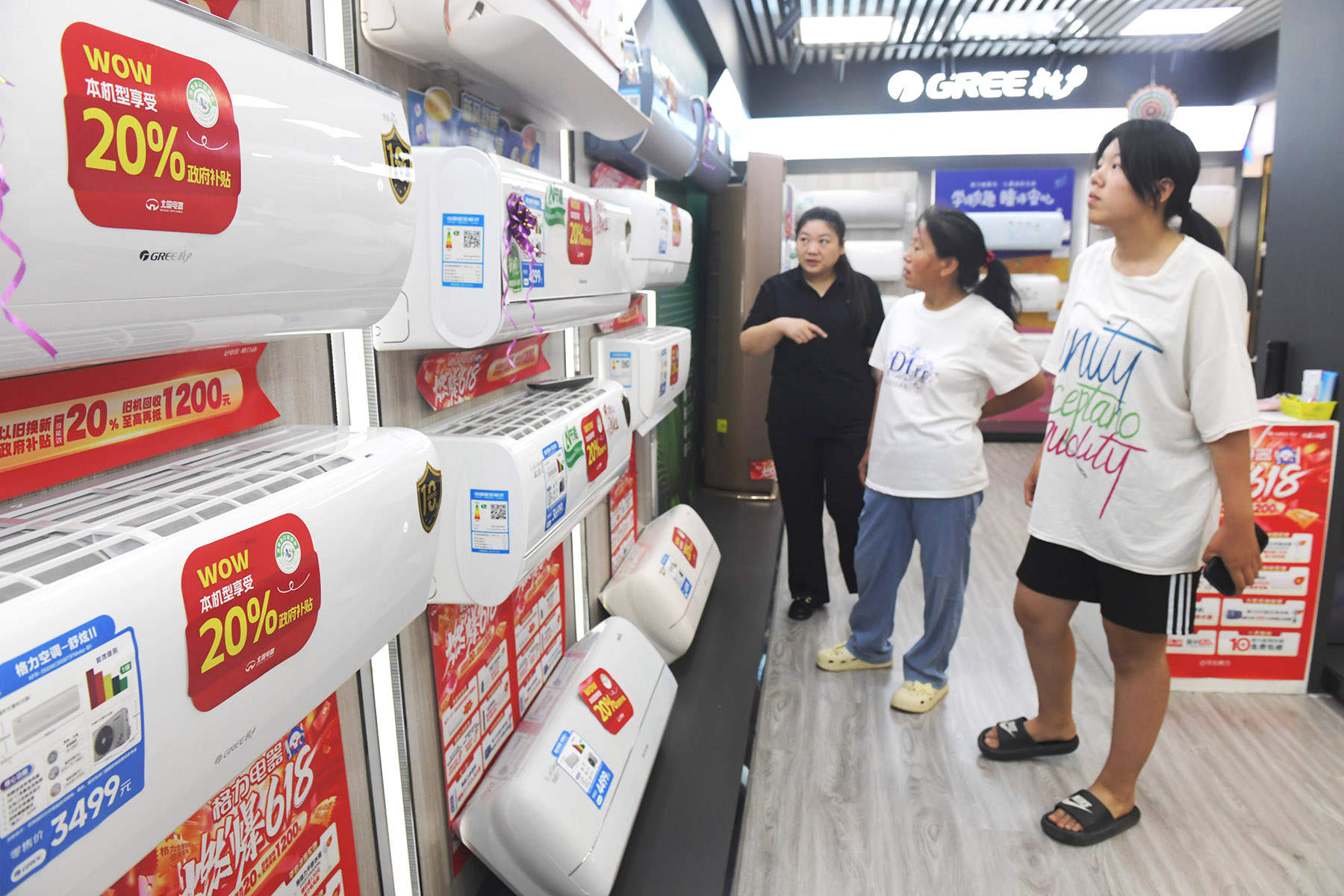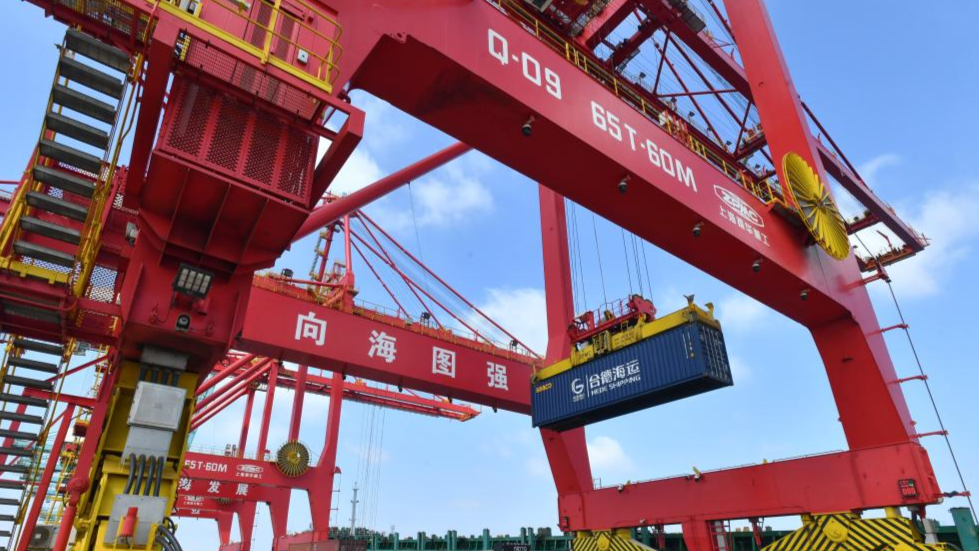
China is likely to roll out fresh policy initiatives focused on further boosting domestic demand and enhancing economic resilience, as analysts cautioned about the growing impact of external pressures, particularly Washington’s “reciprocal” tariffs, intensifying in the current half.
The State Council, the country’s Cabinet, made it clear during an executive meeting last week it would fully implement consumption-boosting initiatives and remove unreasonable restrictions that impede consumer spending.
Furthermore, efforts will be made to optimize trade-in policies for consumer goods, diversify supplies in response to household consumption needs and expand investment in emerging services sectors.
The contribution of domestic demand to GDP growth reached 68.8 percent in the first six months, with final consumption expenditure accounting for 52 percent of that growth, said the National Bureau of Statistics in mid-July.
Due to factors such as a higher base effect and the diminishing marginal effects of consumer goods trade-in programs, Luo Zhiheng, chief economist at Yuekai Securities, cautioned that pressure on slowing consumption growth might intensify in the second half.
The stimulus effect of policies targeting durable goods tends to be most evident over the short term, but may risk frontloading future demand, Luo added.
In the first half, trade-in programs generated sales of 2.9 trillion yuan ($410 billion), said the Ministry of Commerce in mid-July.
Even though sales of durable goods will inevitably slow, services consumption remains on an improving trajectory, said Yu Xiangrong, chief economist of Citigroup China.
Yu said consumers now have substantial demand for travel and entertainment, experiential consumption and self-improvement consumption, among others.
ALSO READ: Booming travel, holiday consumption mirror vitality of Chinese economy
“‘China travel’ has also gained momentum — we estimate inbound tourism will contribute 0.2 percentage point to GDP growth this year, which will largely be reflected in consumer services data. Focusing solely on traditional sectors like real estate and conventional investment may lead us to underestimate China’s economic potential. In reality, the emerging economy, represented by artificial intelligence and new consumption patterns, is rapidly emerging, playing an ever-larger role in overall growth,” Yu added.

Peng Lifeng, director of the credit market department of the People’s Bank of China — the nation’s central bank — said at a news conference earlier this month that the primary constraint hindering services consumption expansion lies on the supply side.
To address this, the PBOC has established a 500 billion yuan relending facility specifically targeting services consumption and elderly care. This initiative aims to guide financial institutions to provide targeted financial backing to boost quality services provisions in sectors including lodging and catering, cultural-tourism-sports entertainment, as well as education and elderly care, Peng said.
Washington’s erratic tariff policies have added another layer of uncertainty to China’s export growth in the months ahead, and there is strong urgency to prioritize strengthening domestic demand, said Wang Qing, chief macroeconomic analyst at Golden Credit Rating International.
Top negotiators from Beijing and Washington will be in Sweden next week for another round of trade talk as the two countries face a rapidly approaching Aug 12 tariff deadline for proposed higher tariffs.
“In the second half of the year, efforts will focus on vigorously implementing existing policies while also strengthening policy reserves to introduce new measures for expanding domestic demand should the evolving situation call for it,” Wang said.
READ MORE: China, US to continue trade talks in Sweden
These may include issuing additional ultra-long-term special treasury bonds and increasing funding for trade-in programs. Additionally, such supportive policy may extend beyond durable goods, potentially encompassing general consumer goods and services consumption to broaden their impact, Wang said, adding: “China’s current government debt-to-GDP ratio remains relatively low among major global economies, while inflation is still modest. China has ample policy rooms and is well-positioned to unlock domestic demand potential.”


